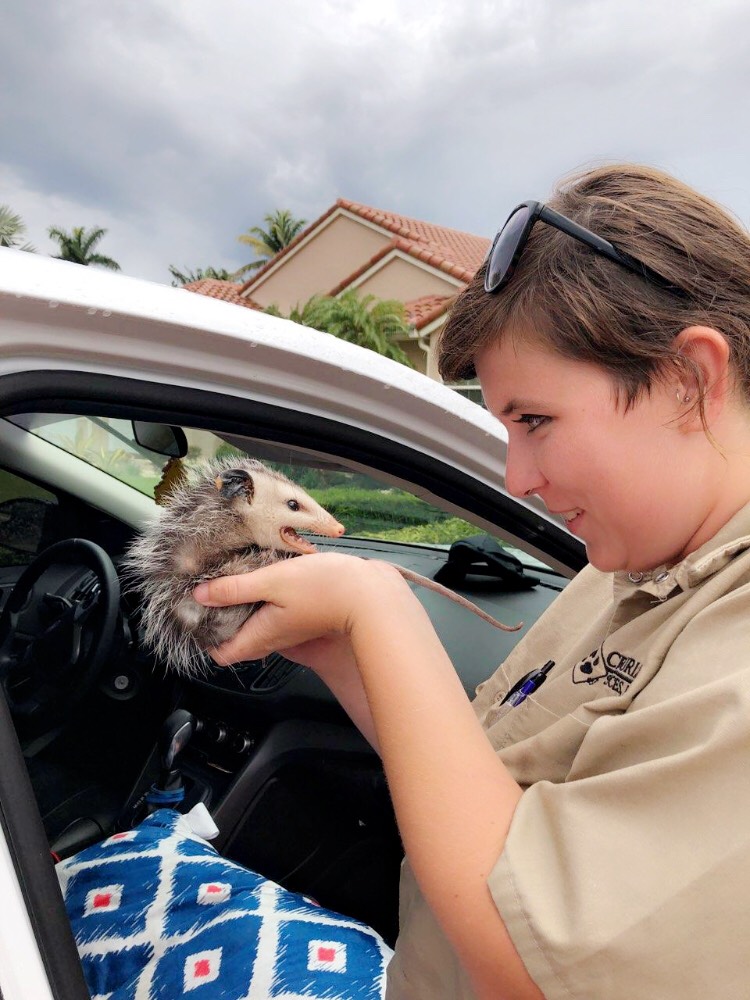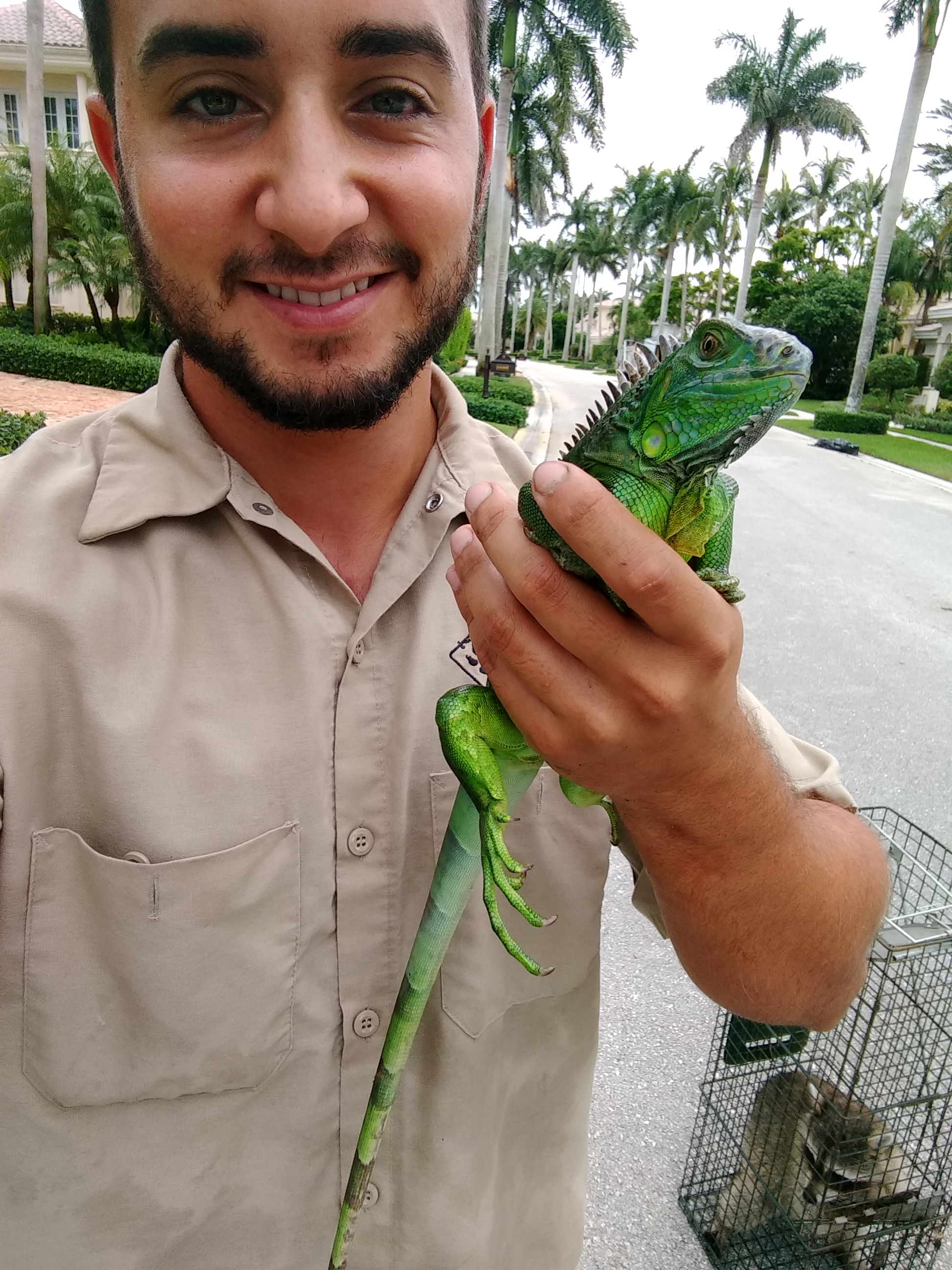
Skunk disorders are rare. The most important concern is rabies. If you find a skunk behaving strangely, or ill, especially during daylight hours, then stay away. If you require skunk help, click on the directory of Professional Wildlife Removal Firms , and you will discover a skunk authority in your city or town.
SKUNK TRANSMITTED DISEASES - Diseases transmitted to humans by animals are known as zoonoses. According to statistics, there are nearly 39 big diseases we get directly from animals. But hardly any of them are from skunks. There are nearly 48 notable diseases we could get from bug bites that have little an infected animal. There are nearly 42 notable diseases that we get by handling or ingesting food or water contaminated by feces of animals like skunks.
Diseases can grow in humans from an animal bite once the animals teeth split into skin and present saliva which has diseased organisms under the surface of the skin. According to a study, harmful bacteria are found in about 85 percent of animal bites. These bacteria can grow within the wound and may lead to infection. The consequence of disease from those bites ranges from mild discomfort to deadly complications.

Skunk feces can carry many harmful diseases. Mistakenly, it's believed by people that only fresh poop can be a health hazard. In actuality, lots of parasites found in stool won't reach the infectious phase until days or weeks after the animal defecated. Allowing stool to dry out and disintegrate generates a significant risk for exposure to parasites. These parasites can stay active in soil for several months. The most essential step pet owners can take to safeguard themselves and the pets would be to eliminate feces daily. Weekly removal isn't frequent enough.
Here is an analysis of various wildlife diseases, only some of which apply to skunks: Anthrax is due to spore-forming bacteria and commonly happens in herbivore mammals. Individuals may get affected by anthrax if they inhale anthrax spores from contaminated animal products. Mosquitoes most commonly carry arboviral viruses. Wild water birds carry many viruses, and some can infect poultry. On rare occasions avian flu can infect people causing disease. Certain things may change the avian flu virus and allow it to spread easily between humans and might cause big flu outbreaks. It may survive in their saliva for a lifetime and can be transmitted to people through bites and scratches, and may cause acute neurological disease. Brucellosis is a bacterial disease that can infect livestock. Animals that are infected may excrete the bacteria in milk. Affected flea feces on a cat's fur is the origin of disease to people, which may be transmitted from a cat to a person by a lick, scratch or bite. Humans can get skin infections and a fever. When animals decompose, bacteria that's normally within it’s body can be released, exposing people to dangerous bacteria. Timely removal of dead animals is important. Fish tank granuloma is caused by bacteria, that's found in aquatic environments. This bacteria can be present in fish food or aquarium fish bread under infected conditions. Humans can get infected by direct contact with contaminated water sources. Compounds enter the skin and the disease can lead to skin damage. It can cause bone and joint infections. Those who wash tanks must wear gloves and wash their hands thoroughly after. Hantavirus is a serious respiratory disease caused by inhaling dust that's been infected by saliva, urine or feces. You may get flu-like symptoms, but could worsen to shortness of breath and fluid filled lungs. About 34 percent of hantavirus pulmonary syndrome cases are deadly.
Importing Animals - Not a Skunk Risk: The import of animals raises the probability of introduction of diseases. In 2004, African rodents with monkeypox were imported to the US, which later resulted in a number of people getting ill.
Listeriosis - Not a Skunk Risk: Listeriosis is a rare but deadly disease. It's usually transmitted by eating or drinking foods contaminated by bacteria. Dairy products which are unpasteurized, are the foods most likely to take listeriosis. In cows and goats this disease can cause them to abort. It's particularly dangerous to pregnant women, the young and old.c

Lyme Disease - Not a Skunk Risk, though skunks could be vectors: Lyme disease is a bacterial disease and is spread by the bites of infected ticks. The frequent symptom of Lyme disease is the enlarging"bull's-eye" shaped rash that begins at the place of the snack. Fever, joint pain, headache and muscle aches may occur. If left untreated the result may include cardiovascular disease, and nervous system disorders. Pets such as dogs and horses may also suffer from Lyme disease.
Plague - Not a Skunk Risk: Plague is a severe illness to humans resulted by bacteria transmission. This bacteria is present in rodents and their fleas. Humans are infected by the bite of an infected flea. This is not a skunk disorder that I know of.
Rabies - YES, a Skunk Risk: Rabies is a serious viral disease that affects the central nervous system and all warm-blooded mammals, including humans, can get infected. Rabies is always fatal. Rabies cause 55,000 deaths per year around the world.
Raccoon Roundworm - Not a Skunk Risk: Raccoon roundworm is an intestinal worm found in raccoons. Humans and other animals, can get infected when they accidentally ingest the eggs out of soil and water which were infected by raccoon droppings.
Rat Bite Fever - Not a Skunk Risk: Rat bite fever is a bacterial disease that is transmitted to people by scratches or bites from rats. Symptoms include fever, nausea, headache, joint and muscle pain, and the hands and feet may develop a rash.
Ringworm - Not a Skunk Risk: Ringworm is a fungus that grows on the skin. Many animals can get ringworm. Humans are infected by direct contact with the infected person or animal. Ringworm infection on a human's scalp looks like a hairless patch of scaly red skin and elsewhere on the body it's a red, ring-shaped rash. The spores of ringworm fungus can survive for quite a long time on carpeting, furniture or other surfaces, and cause infections. c
West Nile Virus - Not a Skunk Risk: West Nile virus is transmitted by mosquitoes that pick up the virus carrying parasite on infected wild birds. People, horses, and certain kinds of birds are affected by this virus. This leads to fever, which can be from moderate to intense. In the extreme case, the virus damages the nervous system and may end in death or paralysis.